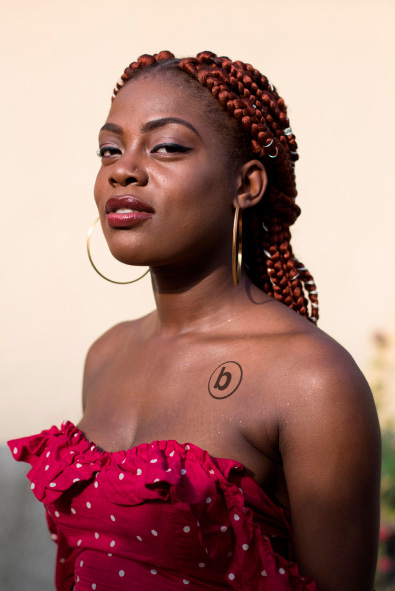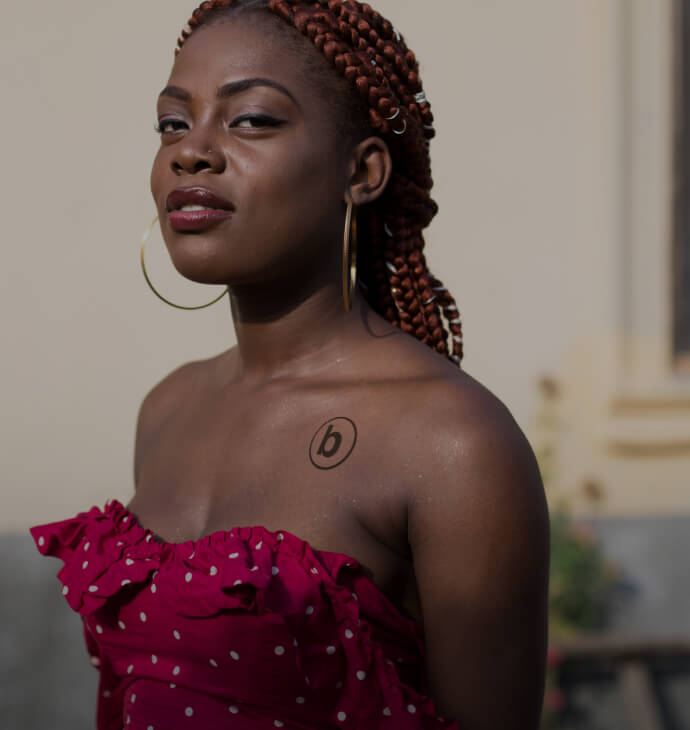Japan

Hana Kimura appeared on Terrace House: Tokyo, a reality television series about six strangers, men and women, living together. Ms. Kimura, a professional wrestler, joined the programme in September 2019, and in an incident in March 2020, she took issue with a fellow cast member for damaging one of her wrestling costumes. After the scenes where she expresses her outrage were aired, she was subjected to a torrent of attacks on social media. That month, she posted self-harm images and some of the online abuse she received. In May 2020, she was found dead, her death ruled as suicide. Here, her mother, Kyoko Kimura, who created rememberhana.com, a foundation to help victims of online abuse, shares Hana’s story.
Hana received slander and vilification from all over the world. After she uploaded the photo of herself cutting her wrist to social media, Hana received even more abuse, insults and violent comments. “It's your fault”, “Don't pretend to be the victim” etc. – those [words] definitely pushed her further. She felt cornered. Hana is no longer with us. It doesn’t take long for cyberbullying or slander to break hearts.
It was impossible for Hana to speak out. In the case of the reality TV show, there was a confidentiality obligation.... It was not long before her death when she revealed concrete stories about the programme to her friends and family. “They don't treat actors as human beings,” she told me. “They don’t have human hearts.”
“It doesn’t take long for cyberbullying or slander to break hearts.”
While there was a confidentiality obligation, she was in a position where even the action of suing the people for contempt could lead to further slander. We still catch ourselves asking, "How could we have helped her?”
One young man sent me an apology email. He told me his account name, name and his address. That was the account the police had been investigating. Another person's name and address were identified by the discovery systems of the U.S. The police investigated and prosecuted them. One was convicted of insult [a crime] and fined 9,000 yen [$80].
When this news went viral, people were surprised at how cheap the fine was. Many said that it would be better to say whatever they want and just pay the fine.





